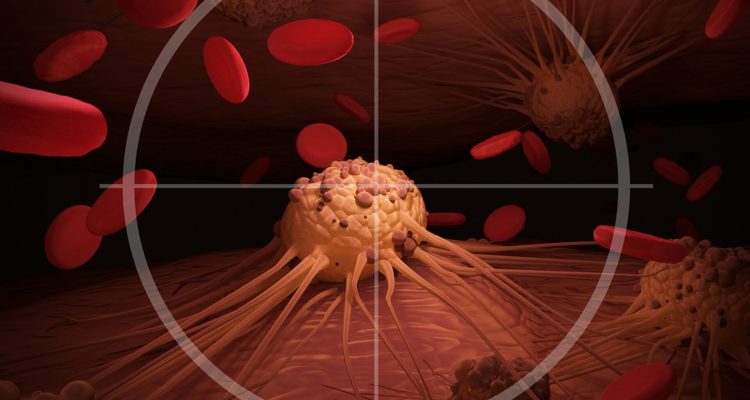
Scientists have named a mineral that the immune system needs to fight cancer
0
For many years it was believed that magnesium deficiency increases the risk of various diseases. This includes both infectious diseases and conditions such as cancer. Animal studies have shown that magnesium deficiency increases susceptibility to influenza viruses.
A new study has determined how the mineral is used in the immune system. Magnesium in the bloodstream allows T cells to target abnormal or infected cells.
It does this by modifying a protein called LFA-1 on the surface of T cells, explains Professor Christoph Hess.
“When magnesium is present in sufficient quantities near T cells, it binds to LFA-1 and ensures that it remains in an extended and therefore active position.”
The research team found that in an environment devoid of magnesium, cells cannot function normally. This does not mean that magnesium intake will affect the risk or prospects of cancer treatment.
Lead author Jonas Letscher explains that future studies will need to confirm whether magnesium has a protective effect.
“As a next step, we we are planning prospective studies to test the clinical effect of magnesium as a catalyst of the immune system.”
The research may indeed have an impact on immunotherapy. Immunotherapy is a treatment method aimed at activating the immune system to destroy cancer cells.
In an experimental model, researchers were able to link increased magnesium concentration around a tumor with a stronger T-cell response.
Previous studies have shown that immunotherapy is less effective in patients with low blood magnesium levels. There have also been studies suggesting that cancer can cause magnesium deficiency. The immune system depends on a large number of nutrients and minerals. A deficiency in any of these can weaken the immune system, so don't focus solely on magnesium.









Leave a Reply